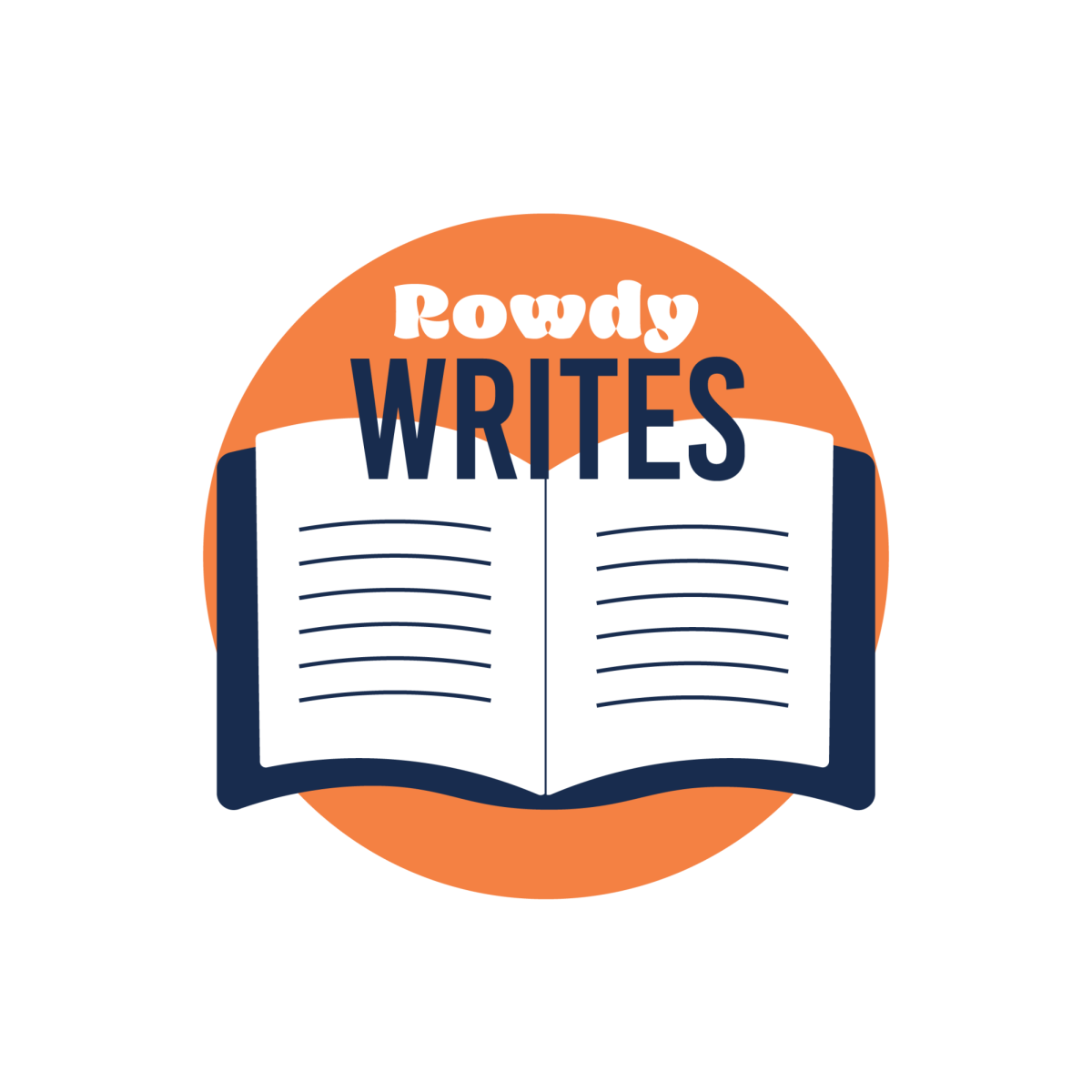local_listen_logo_(taylor_bird)__gallery.jpg)
Taylor Bird
One of the most fulfilling aspects of interviewing local artists and musicians is the exchange of passion in our work. Hundreds of hours of dedication and intention flow into and out of each individual. It is essential to let the artists share their stories so that we, the listeners, can deepen our appreciation and understanding of the final product. Taking this expansion of our minds further, we can begin to realize the depth of all things and people, and thus enrich our own experiences with relatively little effort on our part.
By simply opening our hearts to the sounds of another we break down the barriers of audience and performer, essentially becoming one and the same. “Raga,” Jungle Noize’s new album, is an opportunity to do just that. With track names like “Hare Krishna,” Jungle Noize creates a “space the infinite can be discovered” (from “A Note to the Listener”) and so I sat down with them to gain some insight into how this lotus flower blossomed into what is it today.
Jungle Noize is an experimental rock group consisting of members Tyler Olsson (guitar/lyrics/vocal), Josh Gutierrez (guitar), Sarek Gutierrez (percussion), Rawb Bishop (artwork/lyrics/vocals), Osita Anusi Jr. (bass) and Simon Kumar (sound engineer/ producer). They will be playing with The Black Market Club, Luxley and Octahedron Wed., Jan. 22 at Limelight as part of the Wacky Wednesdays series organized by Party Productions. Doors open at 9 p.m. There is a $3 cover for 21+
Q&A with Jungle Noize
Q: How did the members of Jungle Noize come to know one another?
A: As far back as 2004, we started jamming together after meeting at school. In 2010, we had another bass player, who was also really talented, leave the group when he graduated. Tyler and Osita were friends and one day, around October of 2012, they started jamming what would later become “Raga,” and Tyler invited Osita to come to practice with the rest of the group a few days later. It was a natural process that he became our bassist and we have all grown up together musically which adds to the intrinsic element of our music.
Q: What was it like to go to a studio in California and record music that you were eventually going to share with the world?
A: We were really prepared. We practiced with a metronome together and rehearsed to perfect our timing, which allowed the time we spent in the studio to be seamless. We did not want to put the experience on a pedestal out of our reach, we wanted to be prepared so that we could perform naturally and we also knew Simon, the producer, from high school, so it wasn’t this ominous faceless label or anything like that. Actually, Simon kept describing it as ‘organic’ and we owe some of that to our familiarity with each other throughout the years as friends and band mates. Some of us have played in groups together with a different name and have recorded with Simon before, so he is conscious of who we are as musicians and what we are about. He would listen via Skype to our rehearsals, and we were always in constant communication. That relationship brought everything together without having to explain, or over-explain, our intentions with the risk of being misunderstood. And really that is what “Raga” is about, “the Tao which can be spoken is not the Tao,” meaning that the more we try to explain with words that which transcends words, then the more we divide and dilute the whole of experience, and so we can only hint at the meaning and use the tools we have as musicians to fill in those blanks to the best of our abilities.
Q: Who are your greatest
influences?
A: As far as influences go, Tool has this symmetric sound, based on precision and angularity with long interludes woven in, and you can hear that in our long, melodic songs that are suddenly broken up by guitar riffs. While on the other hand, The Mars Volta has this free-form, chaotic sound that also influences our songs. Since most of us are self-taught the music we listen to acts as lessons for us to expand on.
Q: You describe your music as the true biography of your band. What do you mean by that?
A: Philosophy is part of our music. Tyler actually studies it academically, and so this idea of labeling our sound in some ways limits and presupposes the listener before they ever hear the first beat really turns us off. Only so much can be described with words, and music goes beyond those printed words, so we want our listeners to unleash their minds rather than limit them to past associations with one genre or another. The only way to really understand “Raga” is to set aside an hour or so and listen to it all the way through and really allow yourself to meditate through the experience, free your mind and the rest will follow effortlessly.
To continue following Jungle Noize, check out their Facebook page and purchase their new album “Raga” on their band camp: junglenoize.bandcamp.com. Follow The Local Listen on Facebook at facebook.com/thelocallisten.






